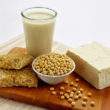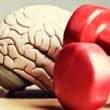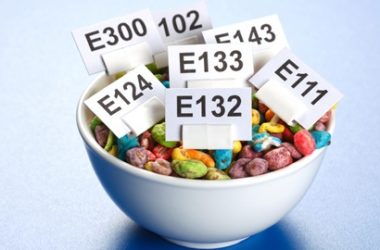Thanks to their mouth-watering taste, unique texture and amazing nutritional profile, crabs are some of the most well-loved sea foods on the planet. It is said that up to 1/5 of all foods caught from various water sources are crabs. There are hundreds of types of crabs available, but the most commonly eaten ones are blue crabs.
Crabs belong to a group of aquatic animals called crustaceans, which are characterized by their hard shells and a total of 10 legs or appendages. A lot of people are definitely madly in love with crab legs! However, you may already know the fact that since crabs are regarded as delicacies, they can come with steep price tags.
Some people think that eating crabs is not good for the health. However, this is not at all true, provided that you eat crab meat in moderation. Just like with anything else, too much of a good thing is bad! So without further ado, let us discuss some of the health benefits of including crabs in the diet, and also a few downsides afterwards.
Pros:
- Crab meat is good for diabetics. It’s because it contains chromium, a mineral that is known to enhance the action of insulin, thus helping to regulate the levels of glucose in the blood.
- It may considerably lower one’s risk of cancer. Just like most other sea foods, crabs are excellent sources of selenium, which is revered for its anti-cancer properties. Working as powerful antioxidants, experts say that selenium is very good at countering some well-known carcinogens such as mercury, arsenic and cadmium.
- Eating crabs is good for the heart and brain. Omega-3 fatty acids are scientifically proven to have protective effects on the heart as well as brain, and some of the most amazing food sources of those healthy fats are sea foods such as crabs.
- Consuming them is good for the joints. Another impressive role carried out by omega-3 fatty acids is the improved mobility of joints by keeping inflammation at bay. In moderation, crab meat is heaven’s sent to people who are bugged by arthritis.
- It’s also good for the nerves. One of the many nutrients found in crab meat is vitamin B12. Experts say that this particular vitamin is important for keeping the nerves in tip-top condition, thus warding off problems such as peripheral neuropathy, which is a common complication of diabetes. What’s more, vitamin B12 is important for energy production, and it’s also said to help lower one’s risk of cardiovascular disease.
- Crab meat is a phenomenal source of protein. Crabs supply all the 20 kinds of amino acids that your body needs to obtain from the diet. So if you are on the hunt for an excellent source of high quality of protein for muscle building and your overall wellbeing, simply include crab meat in the diet from time to time.
- It is perfect for weight-watchers. A 3-ounce serving of blue crab meat contains only about 70 calories, and nearly all of it comes from protein. This only means that crabs are perfect for individuals who like to shed off excess pounds or maintain their ideal weight.
Cons:
- Crab meat is high in sodium. It’s utterly important to keep your consumption of crabs to a minimum if you have high blood pressure because the sodium content of these sea delicacies is rather high.
- It also packs cholesterol. Another reason why the intake of crabs should be kept in moderation is its cholesterol content. For instance, a 3-ounce serving of blue crab meat yields over 80 milligrams of cholesterol. You don’t want to opt for a diet that’s high in cholesterol because it may increase your risk of heart disease.
- Eating crabs is bad for those with gout. Experts say that you should try to limit your intake crabs if you have gout because these delectable sea creatures are moderately high in purines.













